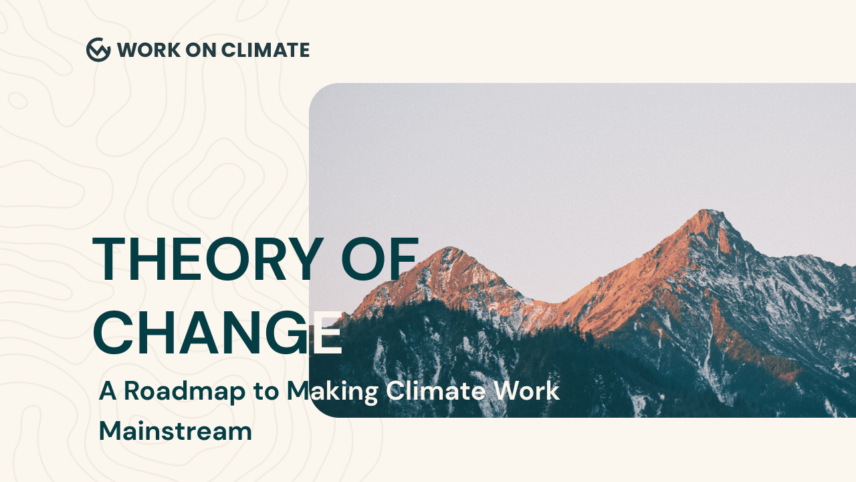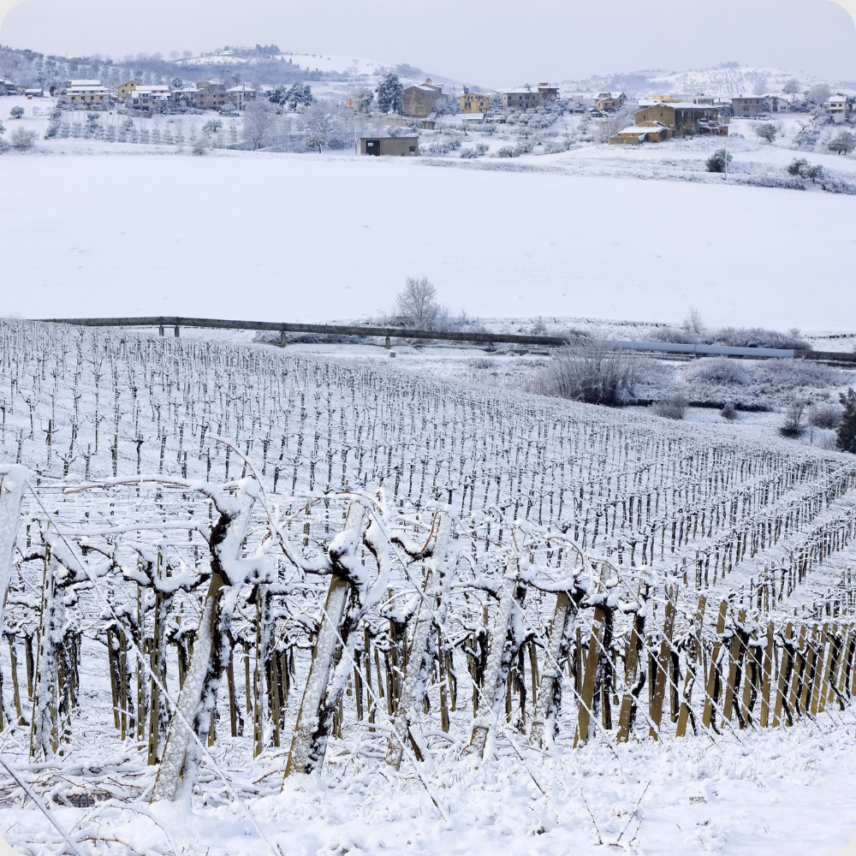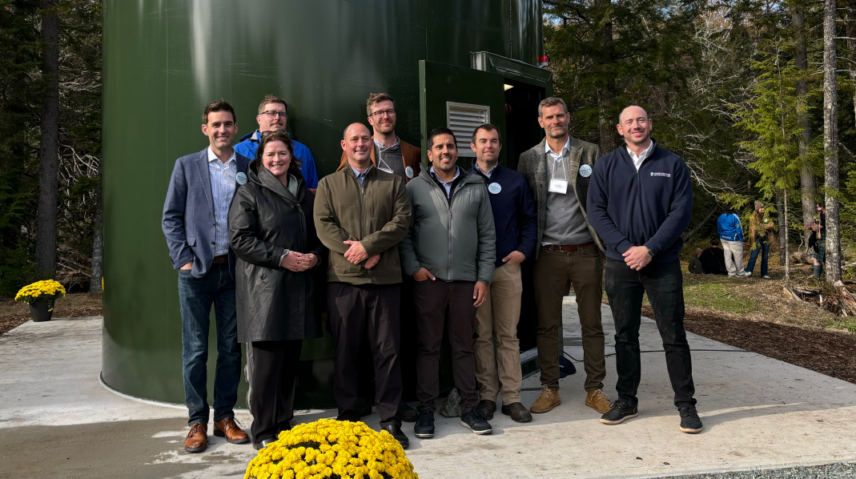Every year, the global population is burning through the planet’s annual supply of
resources earlier and earlier. Here’s how we can help #MovetheDate.
What is Earth Overshoot Day?
Our current economic model — which describes how we’re managing Last year, the Global Footprint Network, an international sustainability-focused research organization, determined that the planet’s annual supply of natural resources had officially been used up for the whole of 2021 — and it was only July 29. This date marked Earth Overshoot Day for 2021, and it meant that everything we consumed after that point was effectively borrowed against the planet’s future. Over time, the impact of this “ecological overspending” has become evident in phenomena from excess atmospheric carbon dioxide, soil erosion, and deforestation to fisheries collapse and rapid species extinction.
The concept of humanity “overshooting” the amount of renewable natural resources that Earth can regenerate in a year first became a reality in 1970 — at which point experts calculate Earth Overshoot Day to have fallen on December 30. Since then, the global population and consumer demands have ballooned; our total carbon footprint has more than doubled; and Earth Overshoot Day has trended earlier and earlier with each passing decade.
How is Earth Overshoot Day calculated?
Using 3 million statistical data from 200 countries, the Global Footprint Network calculates Overshoot Day each year by “dividing the planet’s biocapacity (the amount of ecological resources Earth is able to generate that year) by humanity’s ecological footprint (humanity’s demand for that year).” Multiply this number by 365 and you have the date when “overshooting” is reached in a given year.
How is Canada doing?
This really is a systems-change thing. There’s increasing recognition that the only way to manage this is to have people talking across Every country also has its own Overshoot Day each year, based on its specific ecological footprint. Unfortunately, Canada is not faring well. In 2022, Canada’s Overshoot Day quickly came and went on March 13 — meaning that if everyone on Earth consumed the way we do in Canada, we would have used up the entire planet’s annual resources only 10 weeks into the year. Canada shares its 2022 Overshoot Date with the United States and the United Arab Emirates, with only Qatar and Luxembourg landing earlier.
What can people do to help #MovetheDate?
The scale of our environmental challenges is daunting, and it’s not always clear to people how their individual actions matter. That’s why the conservationists behind Earth Overshoot Day created the #MovetheDate campaign to help people identify small changes in their lives that can make a difference. Here are four specific actions to consider:
- 1. Walk or bike. Not only are these activities great for your health, but every time you avoid using a car, you help to reduce carbon emissions. If using a vehicle is a must, try carpooling or public transit.
- #MovetheDate fact: “If we reduce our footprint from driving by 50% around the world and assume one-third of car miles are replaced by public transportation and the rest by biking and walking, Earth Overshoot Day would move back 13 days.”
- 2. Consider a vegetarian or vegan diet, at least part of the time. Farming livestock is massively water and energy intensive and, according to the UN, it accounts for roughly 15% of all human-made greenhouse gases, including methane.
- #MovetheDate fact: “If we reduced global meat consumption by 50% and used more calories from plants, we would move Overshoot Day 17 days.”
- 3. Avoid fast-fashion. Participate in clothing swaps, buy from used or vintage shops, or check out sustainable fashion brands like Anián, Ecologyst, and Tentree, which only use eco-friendly materials and processes.
- #MovetheDate fact: “If we reduce our global clothing Footprint by 50% by avoiding fast fashion and buying used clothing when possible, we would move the date by 4 days.”
- 4. Be a tree advocate. Look for furniture and paper products that use wood sustainably and are certified by groups like the Forest Stewardship Council and the Sustainable Forestry Initiative. Support innovative B Corp brands like ChopValue, a Vancouver-based homewares company whose products are made from repurposed chopsticks otherwise destined for landfills.
- #MovetheDate fact: “Reforesting 350 million hectares of forest would move the date of Earth Overshoot Day by 8 days.”
Read More

Podcast | Mar, 2025
Episode 73: Eugene Kirpichov, Work On Climate
What happens when a Google engineer walks away from a high-paying career to fight the climate crisis? He discovers a…

Podcast | Feb, 2025
Episode 72: Sue Abrams & Jerome Konecsni, ABAzyne Bioscience
In this episode, we explore the cutting-edge science helping farmers fight back against extreme weather. Marco sits down with Sue…

Podcast | Feb, 2025
Episode 71: Luke Connell & Colton Dirksen, CarbonRun
Stripe, Shopify, and Google are some of the world’s most innovative companies that are working with Carbon Run. Why? Because…
